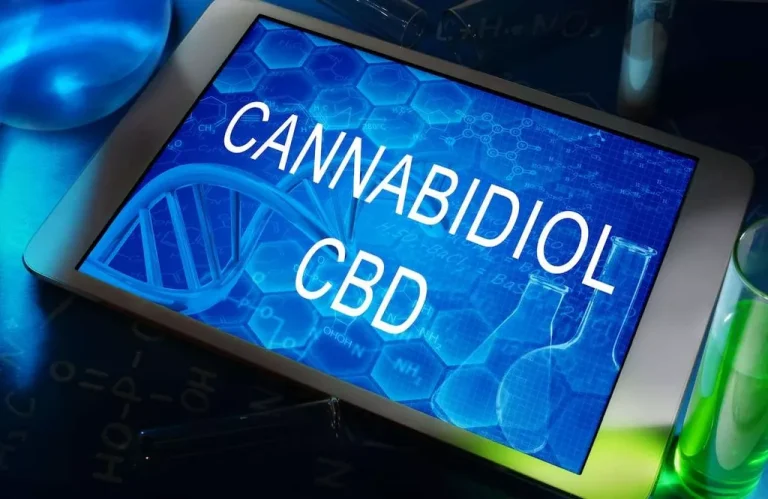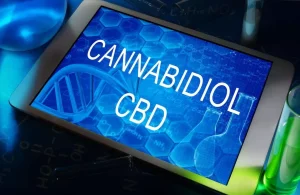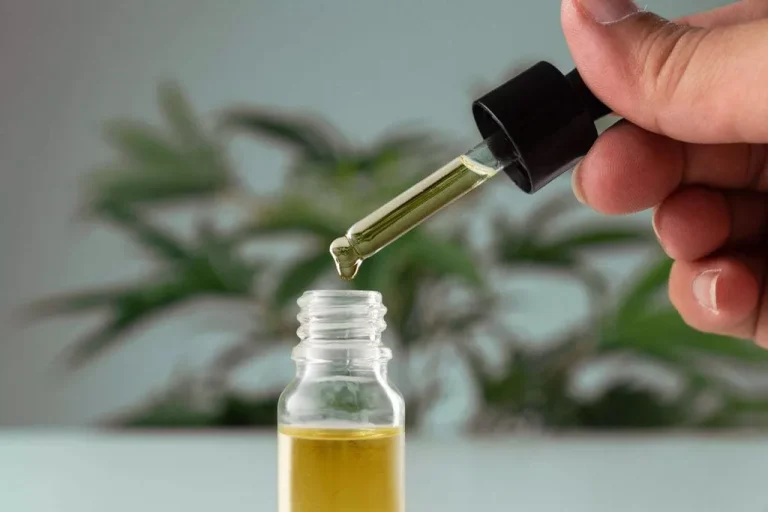
While some foods are broken down in the intestines, others are digested in the stomach. Alcohol does not need to pass through the digestive tract in order to be digested; rather, it is absorbed directly into the blood stream. Read on to uncover the science behind the stuffy nose phenomenon as well as key strategies to prevent it from becoming an inevitable side effect of drinking alcohol. If you find out that you’re allergic to one ingredient, you might still be able to enjoy beer. With a little research and careful label reading, you may be able to find beer that doesn’t contain that particular allergen. You’ll also want to avoid all other products made with that ingredient.

Headaches or Migraines
Read the ingredient lists of foods and drinks, ask restaurant staff for information about menu items, and avoid products that contain alcohol. As with why do i sneeze when i drink alcohols, this issue comes down to a depletion of enzymes — in this case, enzymes that are required to metabolize alcohol in the liver. The doctor may refer the person to an allergy specialist for further testing and treatment. Anaphylaxis is a life threatening condition that involves a series of symptoms, such as a rash, low pulse, and shock. When it comes to how alcohol impacts asthma, the conclusions are less set-in stone. Researchers are still trying to uncover the exact link, but some studies suggest alcohol makes asthma symptoms worse and can even lead to asthma attacks.
- If you’ve ever experienced swelling of the tongue or throat or trouble breathing after drinking beer, you should stop drinking beer until you’ve seen a doctor.
- The enzyme diamine oxidase breaks down histamine that people consume from foods and beverages.
- Others think that the light source stimulates your optic nerve, which in turn stimulates your trigeminal nerve and causes you to sneeze.
- This will help reduce the number of histamines in your drink and make it less likely to trigger a sneeze.
Myth: Taking painkillers before bed can help you get ahead of hangover symptoms.
In fact, alcohol intolerance is a metabolic disorder that doesn’t have anything to do with how many drinks you can down before your beer goggles switch on. However, if you have a serious reaction or severe sneezing after drinking alcohol pain, see your doctor. Also, if your symptoms seem to be linked to an allergy or a medication you’re taking, see your doctor. If you find that warm drinks make you sneeze, try chilling them before you drink them.
- Your body holds on to the nutritive parts of what you eat and drink, but, otherwise, what goes in must also come out.
- In some cases, over-the-counter or prescribed medications might help alleviate symptoms.
- The body produces antibodies, and when they encounter alcohol, they set off a systemic allergic reaction.
- Just like wine, beer has a lot of ingredients that can make someone react negatively.
- Instead, they state that the data indicate that alcohol interacts with a component involving the body’s allergic response.
Cocaine and Alcohol: Effects and Dangers of Mixing the Two

If you’re allergic to another ingredient contained in certain alcoholic products, switching to a different drink might be an option. For example, barley is typically found in beer but not wine. Some people with Hodgkin’s lymphoma experience pain after drinking alcohol. Hodgkin’s lymphoma is a type of cancer that can affect your lymphatic system. Many people with Hodgkin’s lymphoma develop enlarged lymph nodes.

- The symptoms of histamine intolerance are similar to an allergic reaction.
- As we now know, alcohol intolerance is an issue with metabolizing alcohol — not an overzealous immune system.
- Experts break down the science behind six common hangover myths — and explain how alcohol affects your body.
- If you have alcohol intolerance, your digestive system doesn’t process alcohol properly.
- Your brain adapts to alcohol over time and can become less sensitive to its effects.
The good news is, simple wine sneezes are nothing to be concerned about if the symptoms are mild. “You can get wheezing and asthma symptoms or hives,” said Bassett. Those who already suffer from asthma seem to be more vulnerable,” he said. It is best for people who have gluten intolerance to avoid beer, unless it is gluten-free. Instead, they state that the data indicate that alcohol interacts with a component involving the body’s allergic response. Genuine alcohol allergies, in which people only react to the alcohol, are much less frequent.
Busting 5 common myths about water and hydration
This dilation occurs first in the brain, so you may feel flushed or warm after only a few sips of alcohol. The dilation then extends to blood vessels throughout your body, including those in your nose. The most likely explanation is that alcohol dilates blood vessels in the nose, which can cause irritation and lead to sneezing. Another possibility is that alcohol irritates the mucous membranes in the nose, causing them to swell and lead to sneezing. A hangover can be a mild form of alcohol withdrawal, according to the NIAAA. Hangover symptoms peak — and likely, feel their worst — when the body’s blood alcohol concentration returns to zero.

According to one study, about 25% of people who drink to intoxication don’t have hangovers at all. “Your hangover is going to be different from everyone else you know,” he says. The symptoms and severity of your hangover — like your alcohol tolerance — depends on many factors, says Marino. That includes age, weight, gender, ethnicity, family history, nutritional status, smoker status, mood, health conditions or whether you’re taking any medications.
Sulfites intolerance

Allergy testing of the skin and blood should be able to determine your allergies, or at least rule some out. The amounts of histamine vary between wines, but generally, there is more histamine in red than white wine. When we think about alcohol tolerance, we often think of the number of drinks a person can handle before getting giggly or slurring words.



